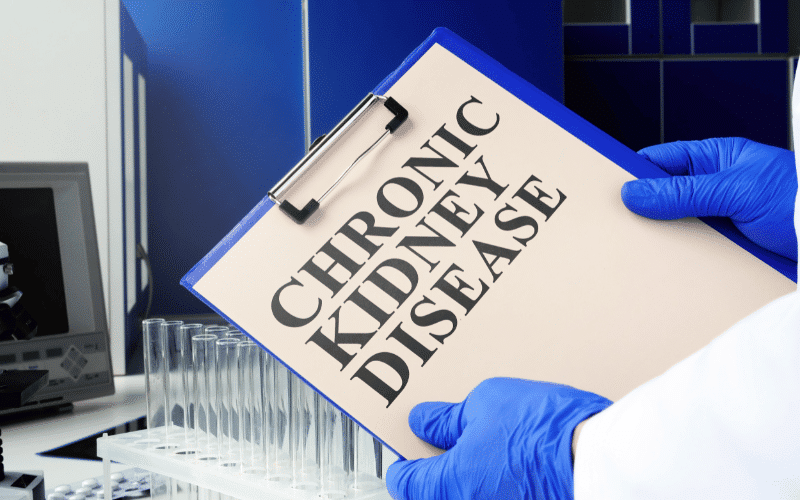Introduction: Kidneys and Their Essential Functions
Kidneys play a crucial role in maintaining the overall health of our bodies. These bean-shaped organs, located towards the lower back on either side of the spine, are responsible for filtering waste products, excess fluids, and toxins from our blood. They also play a significant role in regulating blood pressure, maintaining electrolyte balance, and producing hormones that influence red blood cell production and bone health.
With such vital functions, it’s no surprise that kidney problems can lead to severe health issues. In this article, we will dive deep into the top 15 kidney problems, shedding light on kidney diseases and disorders that can impact these essential organs. By understanding these conditions, we can take proactive measures to maintain kidney health and address any issues that may arise.
Overview: The Importance of Kidney Health Awareness
The prevalence of kidney problems has been on the rise, with millions of people worldwide affected by various kidney diseases and disorders. Early diagnosis and timely intervention are critical for managing these conditions and preventing complications. Unfortunately, many people remain unaware of the signs and symptoms associated with kidney problems. This lack of awareness can lead to delayed treatment and increased risk of severe health complications.
By discussing the top 15 kidney problems, we aim to raise awareness about these conditions, their symptoms, and potential treatment options. We also hope to empower readers to take better care of their kidneys by providing essential information on maintaining kidney health.
Problem 1: Chronic Kidney Disease (CKD)

Chronic Kidney Disease (CKD) is a condition characterized by a slow and progressive loss of kidney function over an extended period. The decline in function can eventually lead to kidney failure, requiring dialysis or a kidney transplant to maintain life.
The primary causes of CKD include diabetes and high blood pressure. These two conditions are responsible for up to two-thirds of all CKD cases. Other factors that contribute to the development of CKD include glomerulonephritis, polycystic kidney disease, and long-term use of certain medications, such as nonsteroidal anti-inflammatory drugs (NSAIDs).
CKD is often called a “silent” disease, as it can develop without noticeable symptoms in its early stages. As the disease progresses, symptoms may become more apparent. Some common symptoms of CKD include:
• Fatigue and weakness
• Swelling in the legs, ankles, or feet
• Frequent urination, especially at night
• Changes in the color and consistency of urine
• Loss of appetite and weight loss
• Nausea and vomiting
• Sleep disturbances
Treatment options for CKD typically focus on managing the underlying cause of the disease and slowing its progression. This may involve medications to control blood pressure and blood sugar levels, dietary modifications to reduce the workload on the kidneys, and lifestyle changes, such as regular exercise and smoking cessation. In advanced stages of CKD, dialysis or a kidney transplant may be necessary. (1)